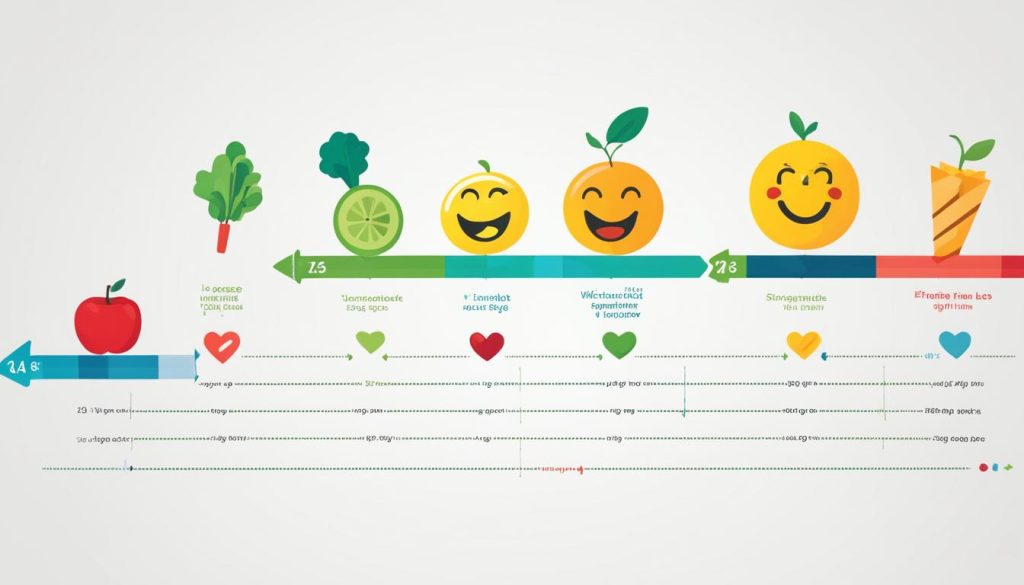How Long Should Diets Last? Quick Facts for Instant Clarity

I have often been asked, "How long should diets last?" It's a valid question that many people ponder when embarking on a weight loss journey. The truth is, there is no one-size-fits-all answer. The duration of a diet depends on various factors, including your weight loss goals, starting weight, and metabolism.
Crash diets and extreme calorie restrictions may promise rapid results, but they are not sustainable in the long term. These types of diets can lead to unhealthy habits and weight regain once you return to your regular eating patterns. Therefore, it is crucial to adopt a more gradual and sustainable approach to weight loss.
Aiming for a weight loss rate of 1-2 pounds per week is considered healthy and realistic. This steady progress allows your body to adjust and adapt to the changes, reducing the likelihood of hitting a weight loss plateau. Additionally, focusing on overall lifestyle changes rather than short-term diets helps create lasting habits that promote long-term success.
As with any health-related decision, it is advisable to consult with a healthcare professional or registered dietitian to determine the appropriate duration for your weight loss journey. They can provide personalized guidance based on your specific needs, ensuring that you achieve your goals in a safe and sustainable manner.
Key Takeaways
When considering the duration of a diet, it's important to take into account individual factors such as weight loss goals and starting weight. Here are the key takeaways:
- Varying Duration: The duration of a diet can vary widely among individuals. There is no one-size-fits-all answer.
- Avoid Crash Diets: Crash diets and extreme calorie restrictions are not recommended for long-term weight loss success. They can be unsustainable and lead to weight regain.
- Sustainable Weight Loss: Gradual and sustainable weight loss is a healthy target. Aim for 1-2 pounds per week, as rapid weight loss can be difficult to maintain.
- Lifestyle Changes: Instead of relying on short-term diets, focus on overall lifestyle changes. This approach promotes long-term success and helps maintain weight loss.
- Seek Professional Guidance: Consulting with a healthcare professional or registered dietitian can provide personalized guidance on the duration of a diet. They can take your individual circumstances into account and provide recommendations tailored to your needs.

In Short, "How Long Should Diets Last"?
When it comes to the duration of diets, there is no one-size-fits-all answer. The length of a diet depends on individual factors such as weight loss goals, starting weight, and metabolism. It's important to remember that crash diets and extreme calorie restrictions are not sustainable in the long term and can lead to unhealthy habits and weight regain. Instead, a gradual and sustainable approach to weight loss is recommended.
Aiming for a loss of 1-2 pounds per week is considered healthy and achievable. This allows the body to adjust to the changes and helps to avoid any negative effects on metabolism. It's also vital to focus on creating overall lifestyle changes rather than relying solely on short-term diets.
For personalized guidance on the duration of a diet, consulting with a healthcare professional or registered dietitian is highly recommended. They can provide valuable insights based on your specific needs and help create a plan that aligns with your goals. Remember, the key to long-term success lies in focusing on sustainable weight loss and creating healthy habits that you can maintain for life.